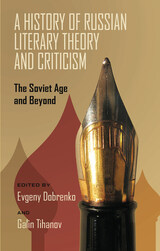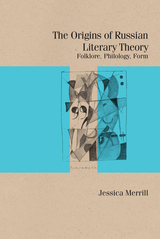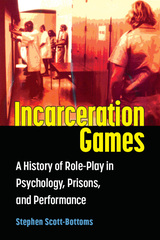
This volume assembles the work of leading international scholars in a comprehensive history of Russian literary theory and criticism from 1917 to the post-Soviet age. By examining the dynamics of literary criticism and theory in three arenas—political, intellectual, and institutional—the authors capture the progression and structure of Russian literary criticism and its changing function and discourse.
The chapters follow early movements such as formalism, the Bakhtin Circle, Proletklut, futurism, the fellow-travelers, and the Russian Association of Proletarian Writers. By the cultural revolution of 1928, literary criticism became a mechanism of Soviet policies, synchronous with official ideology. The chapters follow theory and criticism into the 1930s with examinations of the Union of Soviet Writers, semantic paleontology, and socialist realism under Stalin. A more “humanized” literary criticism appeared during the ravaging years of World War II, only to be supplanted by a return to the party line, Soviet heroism, and anti-Semitism in the late Stalinist period. During Khrushchev’s Thaw, there was a remarkable rise in liberal literature and criticism, that was later refuted in the nationalist movement of the “long” 1970s. The same decade saw, on the other hand, the rise to prominence of semiotics and structuralism. Postmodernism and a strong revival of academic literary studies have shared the stage since the start of the post-Soviet era.
For the first time anywhere, this collection analyzes all of the important theorists and major critical movements during a tumultuous ideological period in Russian history, including developments in émigré literary theory and criticism.

The Origins of Russian Literary Theory reconstructs lost Formalist theories of authorship, of the psychology of narrative structure, and of the social spread of poetic innovations. According to these theories, literary form is always a product of human psychology and cultural history. By recontextualizing Russian Formalism within this philological paradigm, the book highlights the aspects of Formalism’s legacy that speak to the priorities of twenty-first-century literary studies.
READERS
Browse our collection.
PUBLISHERS
See BiblioVault's publisher services.
STUDENT SERVICES
Files for college accessibility offices.
UChicago Accessibility Resources
home | accessibility | search | about | contact us
BiblioVault ® 2001 - 2024
The University of Chicago Press









